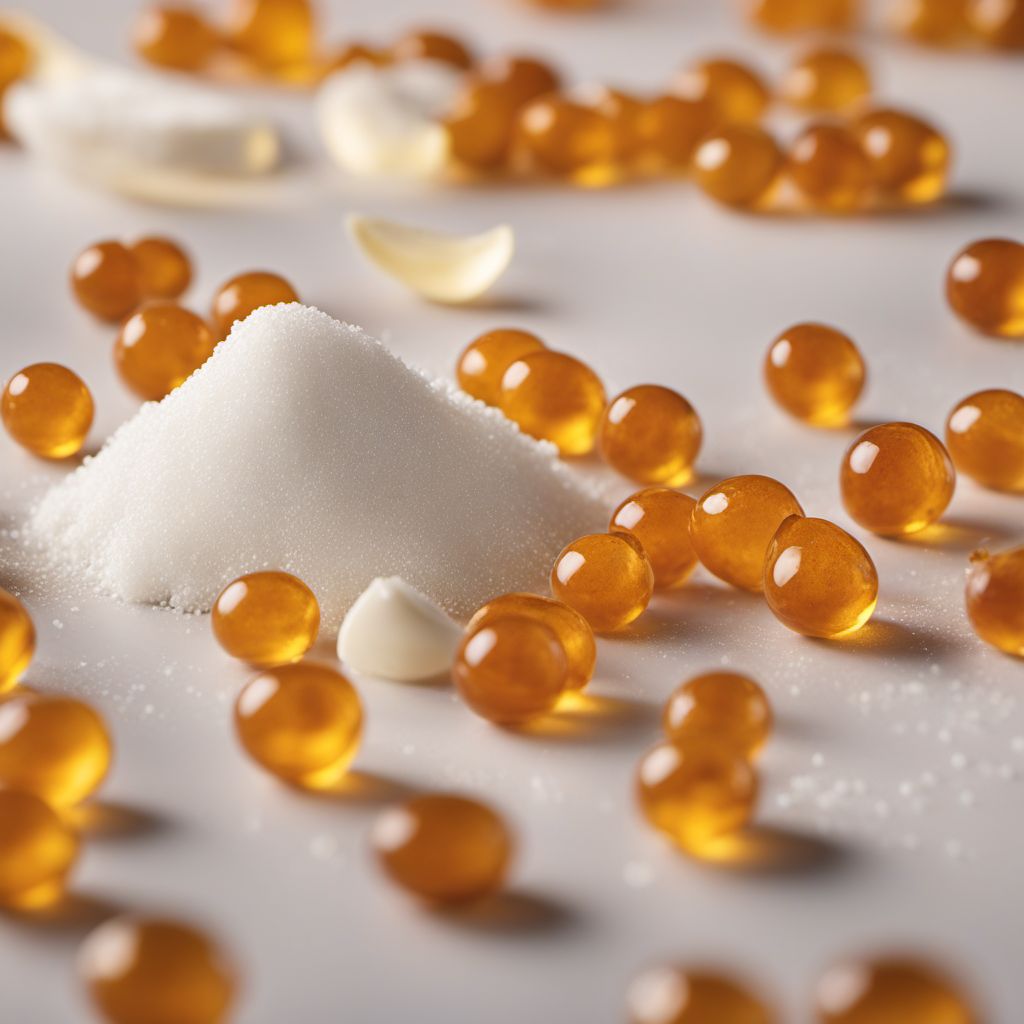
Ingredient
Flavour enhancer
The Magic of Umami
Flavour enhancers are substances that intensify the taste of food, particularly umami, the fifth basic taste. They are commonly used in various cuisines to enhance the natural flavors of ingredients and create a more robust and savory profile. Flavour enhancers can be found in the form of monosodium glutamate (MSG), yeast extracts, or natural ingredients like mushrooms and seaweed. They are often used in small quantities to add depth and complexity to dishes.
Origins and history
The concept of flavor enhancement has been present in culinary traditions for centuries. In ancient Rome, fermented fish sauce called garum was used to enhance the taste of various dishes. In Asian cuisines, ingredients like soy sauce, fish sauce, and miso have been used for centuries to add umami flavor. The discovery of monosodium glutamate (MSG) in the early 20th century further revolutionized the field of flavor enhancement. Today, flavor enhancers are widely used in both home cooking and the food industry to elevate the taste of a wide range of dishes.
Nutritional information
Flavour enhancers are low in calories and fat, making them a suitable option for those watching their weight. However, some individuals may be sensitive to certain types of flavour enhancers, such as MSG, and may experience adverse reactions. It is important to consume them in moderation and be aware of any personal sensitivities or allergies.
Allergens
Some individuals may be allergic or sensitive to specific flavour enhancers, such as MSG or yeast extracts. It is important to read labels carefully and avoid these ingredients if necessary.
How to select
When selecting flavour enhancers, opt for high-quality products that are free from additives or artificial ingredients. Look for natural sources of umami, such as dried mushrooms or seaweed, as they can provide a more authentic and nuanced flavor. Additionally, choose reputable brands that prioritize transparency and quality in their products.
Storage recommendations
To maintain the freshness and quality of flavour enhancers, store them in a cool, dry place away from direct sunlight. It is advisable to keep them in airtight containers to prevent moisture or air exposure, which can degrade their flavors. Avoid storing them near strong-smelling ingredients, as they can absorb odors easily.
How to produce
Flavour enhancers can be produced by extracting natural sources of umami, such as mushrooms or seaweed, and concentrating their flavors into a powder or liquid form. This can be done through processes like fermentation, extraction, or drying. However, it is recommended to leave the production of flavour enhancers to professionals due to the complexity and precision required in the process.
Preparation tips
Flavour enhancers can be used in a variety of dishes to enhance their taste. They can be added to soups, stews, sauces, marinades, dressings, or even sprinkled directly on cooked dishes. Experiment with different types of flavour enhancers to find the ones that complement your preferred flavor profiles. Remember to start with small quantities and adjust according to your taste preferences.
Culinary uses
Flavour enhancers are commonly used in Asian cuisines, such as Chinese, Japanese, and Korean. They are also prevalent in processed foods, snacks, and condiments worldwide.
More ingredients from this category » Browse all

Bulking agent
The Secret to Fluffy Delights: Bulking Agent
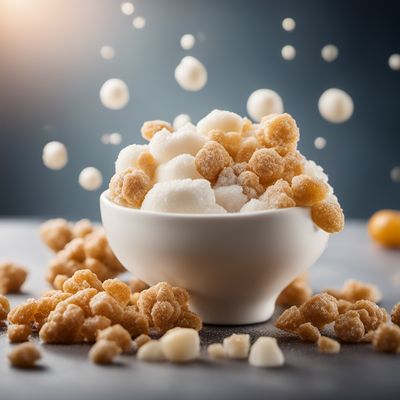
Anti-foaming agent
The Silent Hero: Taming the Bubbles in Your Culinary Creations
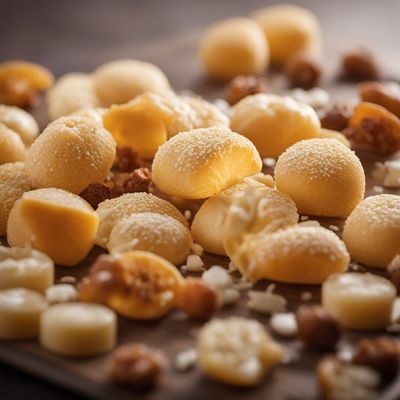
Anti-caking agent
The Secret Ingredient: Unveiling the Magic of Anti-Caking Agents
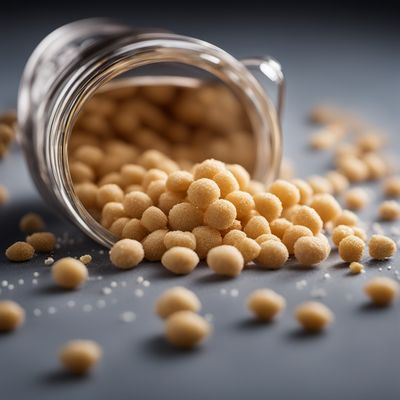
Modified starch
The Versatile Transformations of Starch

Binding agent
The Glue of Culinary Creations: Unveiling the Power of Binding Agents

Acid
The Tangy Elixir: Unleashing the Power of Acidity in Culinary Delights
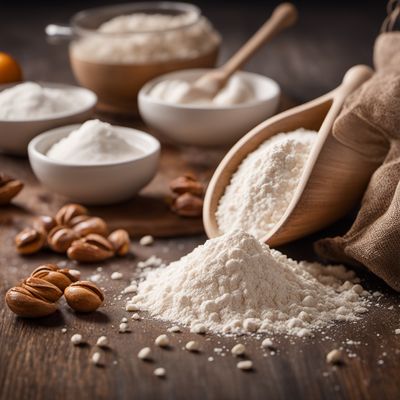
Flour treatment agent
The Secret Ingredient for Perfect Baked Goods
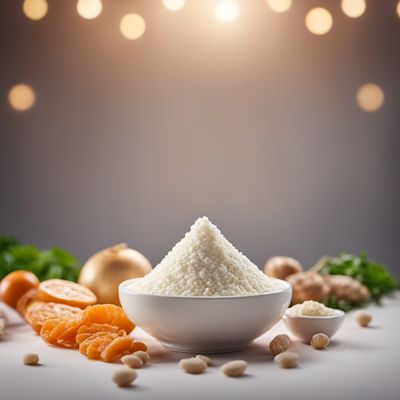
Firming agent
The Secret Ingredient for Perfect Texture

Raising agents
The Magic Behind Culinary Rise: Unveiling the Secrets of Raising Agents
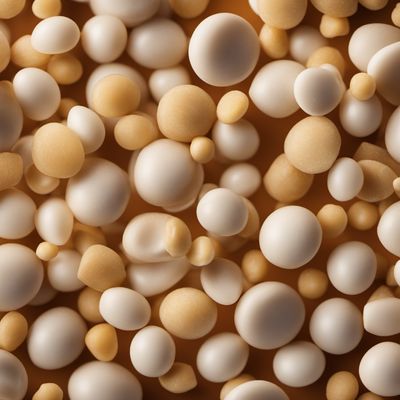
Stabiliser
The Secret Ingredient for Perfect Texture

Emulsifier
The Harmony Enhancer

Thickener
The Art of Creating Perfectly Thickened Delights